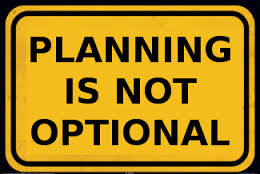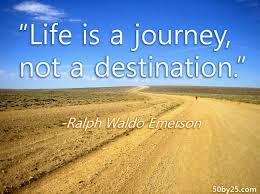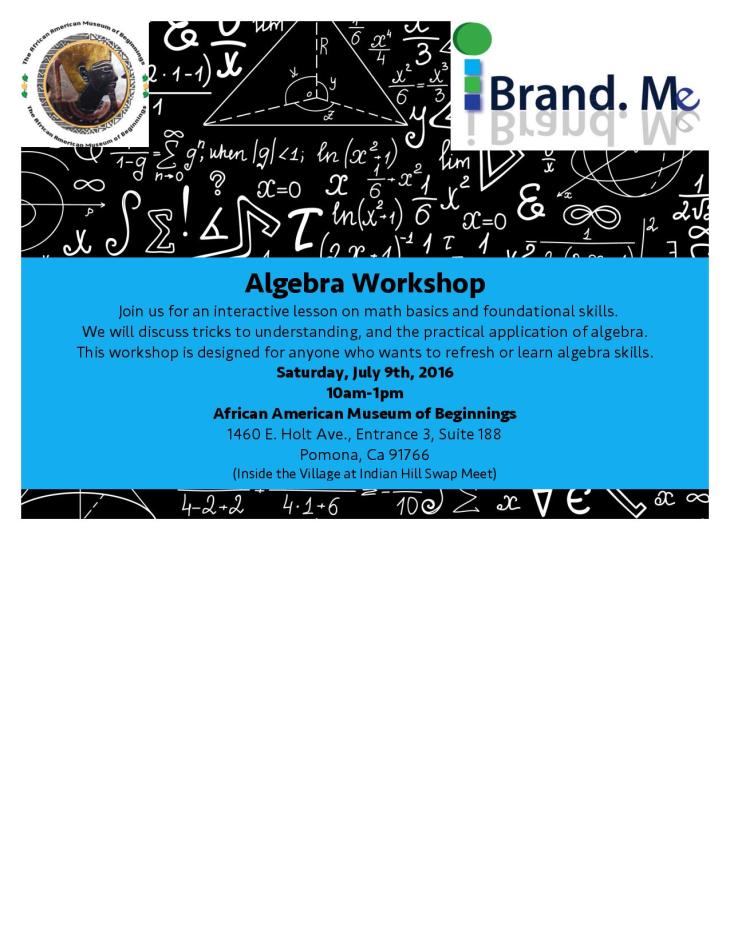
The time has come to get back to school or back to work, for those in education. After a 2-3 week break it is not the easiest. Depending on how amazing or depressing your break was you may be anxious to get back to co-workers and studies, or dreading the idea of going back to work and class. Weather your outlook is positive or negative, we have some advice for excelling in this new year.

- Self Care- Be sure you’re are healthy. Go back to drinking those 8 glasses of water a day and eating vegetables. Don’t forget 7-8 hours of sleep are optimal for health and brain function.

- Planning- Getting back into full stride may require some extra lifting. That means being prepared. Write a list of goals to accomplish for the week then break them down by day. Make a checklist of the tasks you did accomplish for the day so as you plan in the future, your checklist will become more accurate.

- Routine- This is essential. Not all routines have to be daily. You can simply exercise every other day, cook three times a week, study 2-3 hours a day, and read a leisure book 15 minutes daily. That could be useful to be sure you are covering your basics.

- Time Management- Pay attention to how you manage your time. Its imperative to be sure you have an idea time range of the amount of time you want to spend on tasks. That way you can get more tasks done, and you record what tasks need more time.

- Be Grateful– Its a new year. Be grateful you made it hear and have more opportunity to complete the goals you see yourself achieving and the status of your situation. Weather it is ideal or you are in a bind, appreciate the journey.









